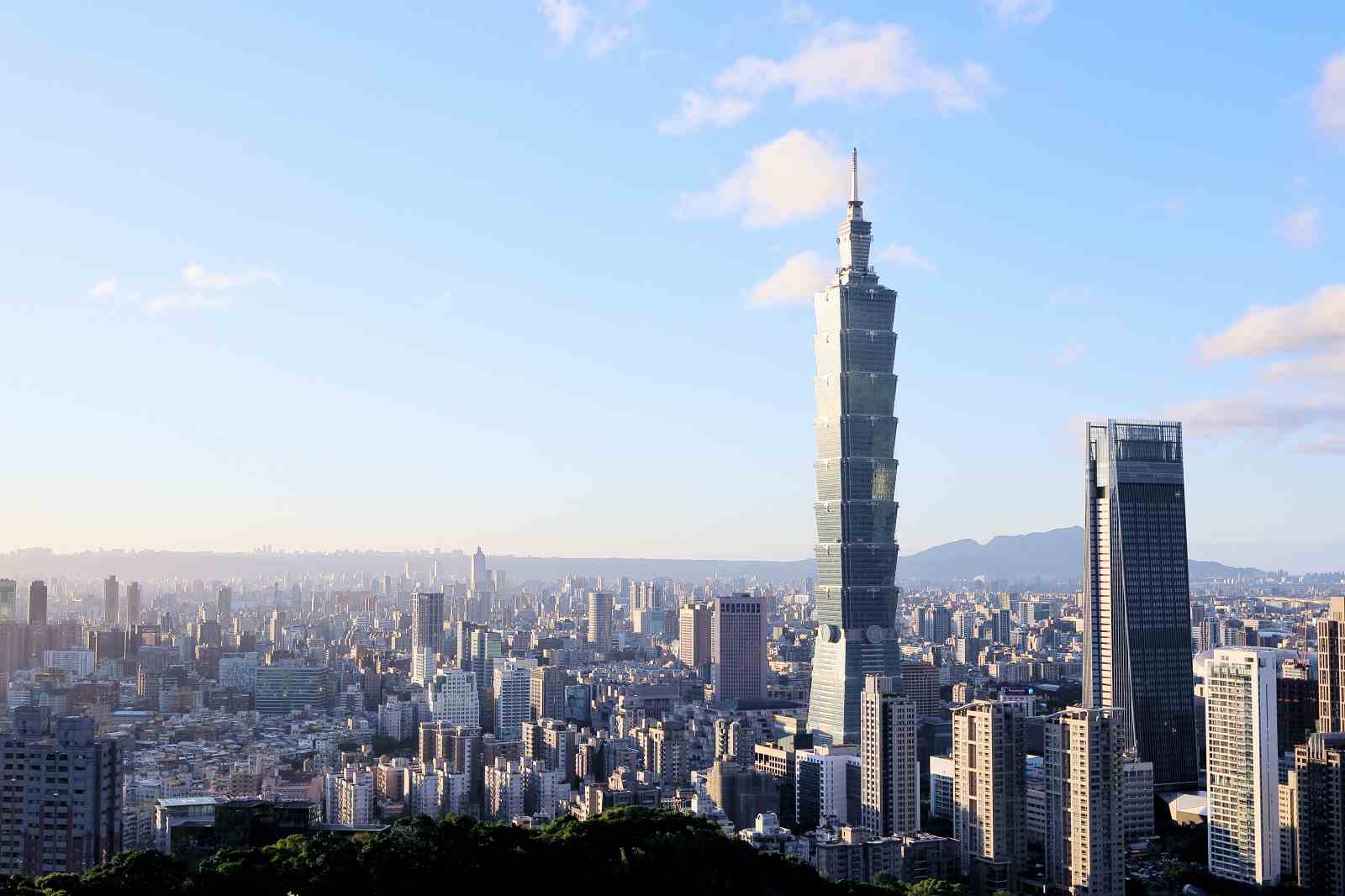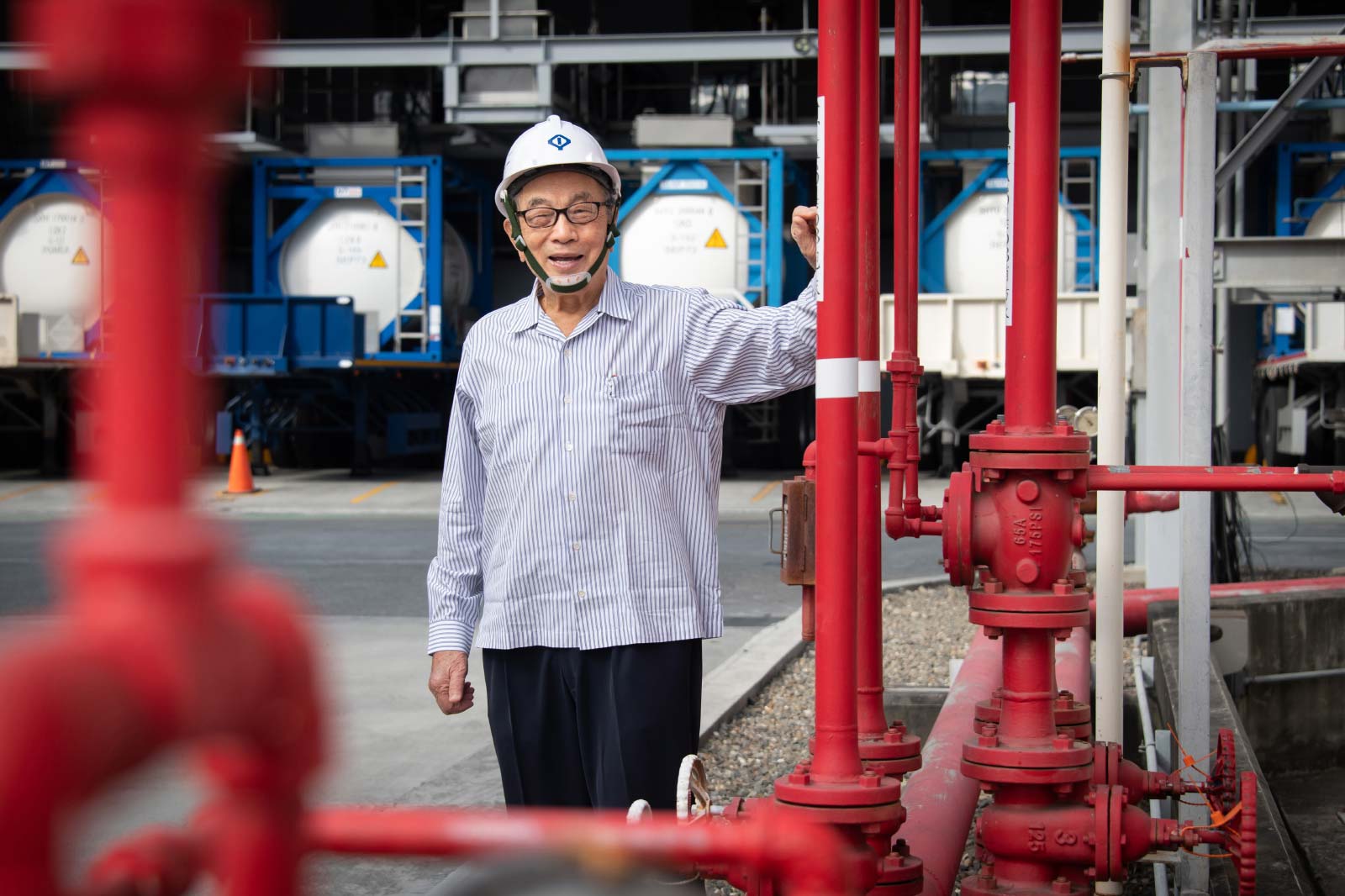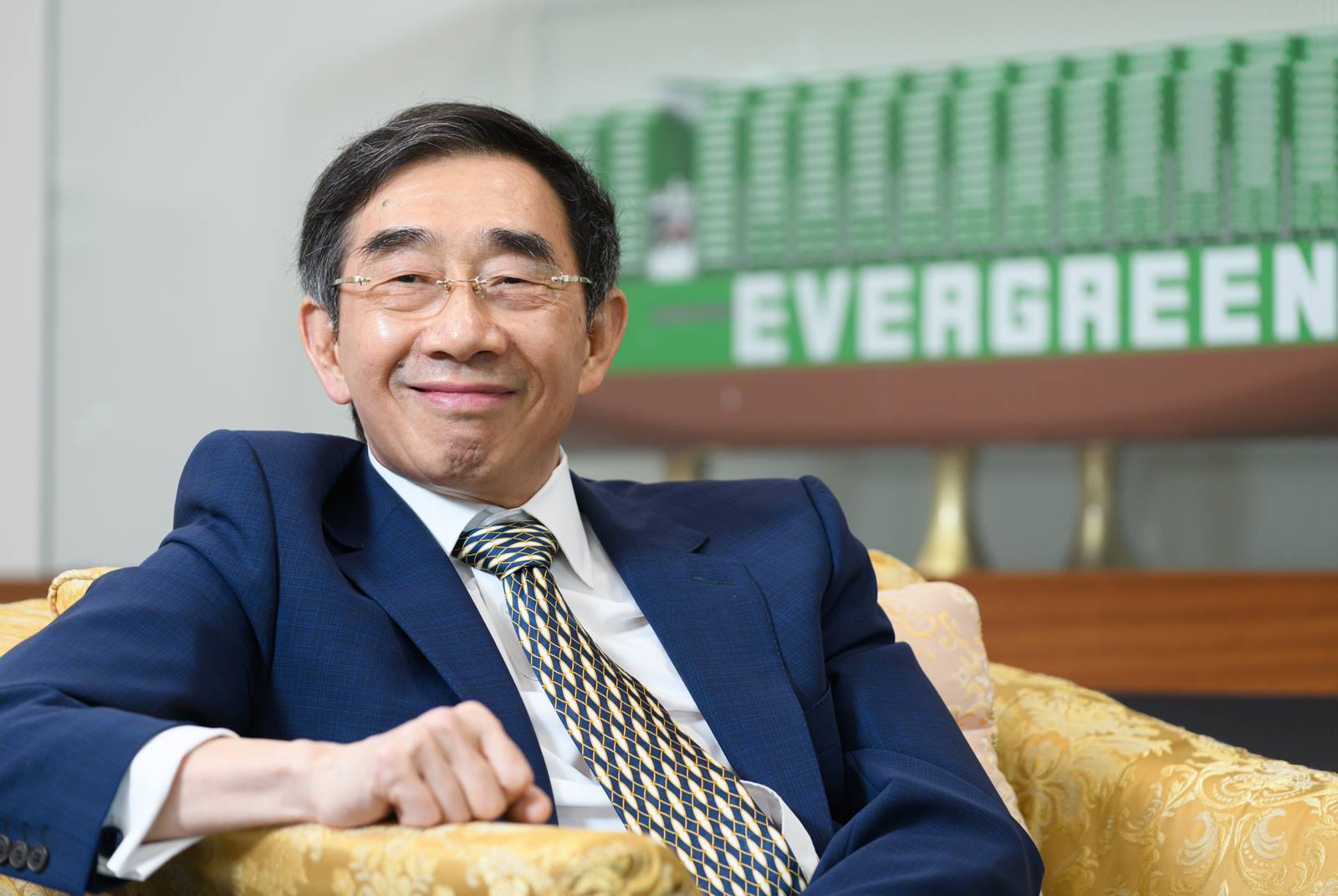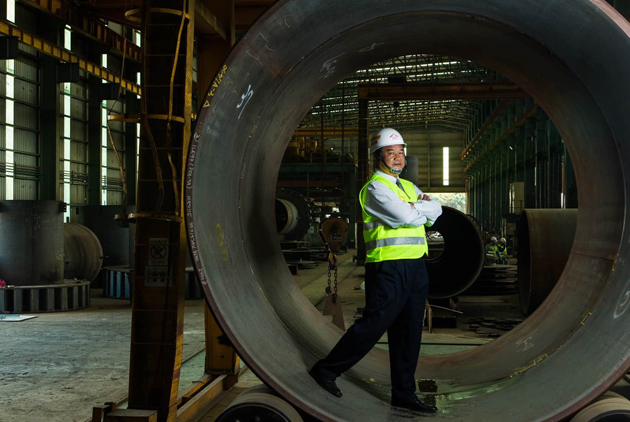Top Corporate Citizens 2009
Responsibility Generates Vitality
CommonWealth Magazine's survey of Taiwan's top corporate citizens found that in these trying times, being socially responsible is more than a way to build an image or give back to society; it is now critical to reviving sagging bottom lines.
Views
Responsibility Generates Vitality
By Isabella WuFrom CommonWealth Magazine (vol. 417 )
World trade is expected to decline by 2 percentage points in 2009, leaving nearly every business and industry facing a severely contracting global market. One consequence of the world's economic slump has been a reversal of the trend toward greater corporate social responsibility, which had been a major private sector battleground over the past two years.
There are no official statistics indicating that the global economic downturn has compelled companies to invest less in fulfilling their corporate social responsibility (encompassing corporate governance, training and R&D, charitable donations, and energy conservation). But considering the general economic environment, in which businesses have been obsessed with the bottom line and are cutting employee benefits or financial assistance to underprivileged groups, such a conclusion would seem reasonable.
It may be premature, however, to depict the rush to be a good corporate citizen in recent years as simply a temporary craze triggered by prosperity.
CSR on the Skids?
Ignoring for a moment the bleak financial statements and negative news dominating recent headlines and re-examining the trends that drove the rapid growth in emphasis on corporate social responsibility, one finds that not only do those trends still exist, they are pushing forward unabated.
Take corporate governance. Following the global financial tsunami, the American and British governments – both staunch free market advocates – began to intervene in the operations of troubled corporations. As a consequence, governments around the world are now imposing stricter regulations on corporate entities, requiring more transparent information disclosures.
Likewise, human rights and environmental activists have not relaxed in the least their monitoring of corporate activities. The Climate Conference in Copenhagen, scheduled for December 2009, will discuss the post-Kyoto Protocol era and is expected to raise each country's environmental standards and impose stricter controls on greenhouse gas emissions.
The pressures faced by corporations have not changed, while a series of new problems, including mounting poverty, drought, health-care issues and growing environmental crises, have emerged that can only be solved with private sector participation.
"We must break the tyranny of short-term thinking in favor of long-term solutions. This will demand a renewed commitment to core principles," United Nations secretary-general Ban Ki-moon declared at the World Economic Forum in Switzerland at the end of January. He insisted that private-sector initiatives to solve society's needs were the key to revitalizing economic activity and would reflect which companies truly had values.
It cannot be denied that some enterprises have cut their contributions to charities and education amid the economic slump, but there are many others whose commitment to their social responsibility has remained firm. They remain dedicated to engendering social change and creating commercial opportunities.
The Big Responsibilities of Big Companies
For Starbucks, the world's biggest coffee chain, 2008 was a rough year. The company's share price tumbled by more than 50 percent, and CEO Howard Schultz introduced a US$400 million cost-cutting program in December. But Starbucks' spending on social responsibility remained unscathed. Not only did the company propose a new plan to provide assistance to fight AIDS in Africa, it continued to expand its purchases of Fair Trade Certified coffee and became the biggest single buyer of this socially responsible coffee in the world. Its purchases have helped improve the lives of coffee farmers in Colombia and Ethiopia.
"When we come out of this fog," said General Electric CEO Jeffrey Immelt last November, "this notion that companies need to stand for something – they need to be accountable for more than just the money they earn – is going to be profound."
Immelt's view explains why so many corporate leaders remain steadfast in having their companies meet their social responsibilities.
GE's share price also fell by more than half in 2008, but its charitable contributions to satisfy basic needs such as food and clothing actually rose. Through its response to future environmental challenges – the multi-billion U.S. dollar Ecomagination plan – GE has invested heavily in developing clean coal-fired power plants and electronic health records, among other green products. Revenues for these products rose 21 percent in 2008, bucking the generally downward trend.
Many companies in Taiwan have the same commitment to corporate social responsibility, which has also become for them an engine of progress.
Taiwan's Golden Supply Chain
When ASUStek Computer drew widespread attention in early 2009, the focus was on its 2008 fourth-quarter net loss of NT$2.8 billion due to inventory problems, the company's first quarterly loss in its history. But while it was losing money, ASUS became the first of the world's 10 leading computer vendors to receive EuP (Energy-using Product) certification, and it also earned nine U.S. EPEAT (Electronic Products Environment Assessment Tool) gold ratings.
"Look. 'Taiwan' is written there," said Hsiao Hui-chuan, the director-general of the Environmental Protection Administration's Department of Supervision, Evaluation and Dispute Resolution, as she looked at a copy of the EuP certificate. Hsiao, who helped ASUS with the EuP certification application process, proudly noted that Taiwan had come out in front in an extremely difficult competition.
But Frank Lin, the company's chief quality officer, says, "For ASUS to be good on its own is not enough." An even bigger project, says Lin, is for the computer maker to teach its more than 1,000 Taiwanese suppliers the new standards. Lin and his colleagues hold classes on the standards at each of their suppliers' offices and are on constant call to resolve design and production problems, all in the name of elevating the company's entire supply chain to a world-class level.
Companies in conventional industries are no less committed to corporate social responsibility. When Formosa Plastics Group founder Wang Yung-ching passed away last year, his own philanthropic activities and those of his company were thrust into the spotlight.
Formosa Plastics, which built its reputation on its management system and ability to improve existing processes, applied its standard operating procedures and acumen for getting results to solving a problem few were willing to touch – teaching professional skills to AIDS victims in Taiwan's prisons. The recidivism rate among prisoners who participated in the program fell to 34 percent, from 80 percent previously. Every AIDS patient who remained out of jail saved the prison system NT$1.5 million in medical expenses.
Microsoft founder Bill Gates, in his first annual letter after beginning to work full-time at the Bill & Melissa Gates Foundation, wrote, "The wealthy have a responsibility to invest in addressing inequity. This is especially true when the constraints on others are so great. Otherwise, we will come out of the economic downturn in a world that is even more unequal, with... fewer opportunities for people to improve their lives."
Undaunted by the floundering economy, a growing number of companies in different corners of Taiwan are still investing money, contributing manpower, or unleashing their professional expertise to fulfill their roles as creators of those opportunities.
Translated from the Chinese by Luke Sabatier
Chinese Version: CSR經濟再起的機會





